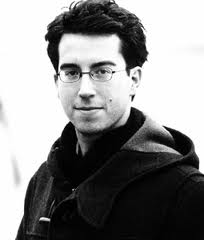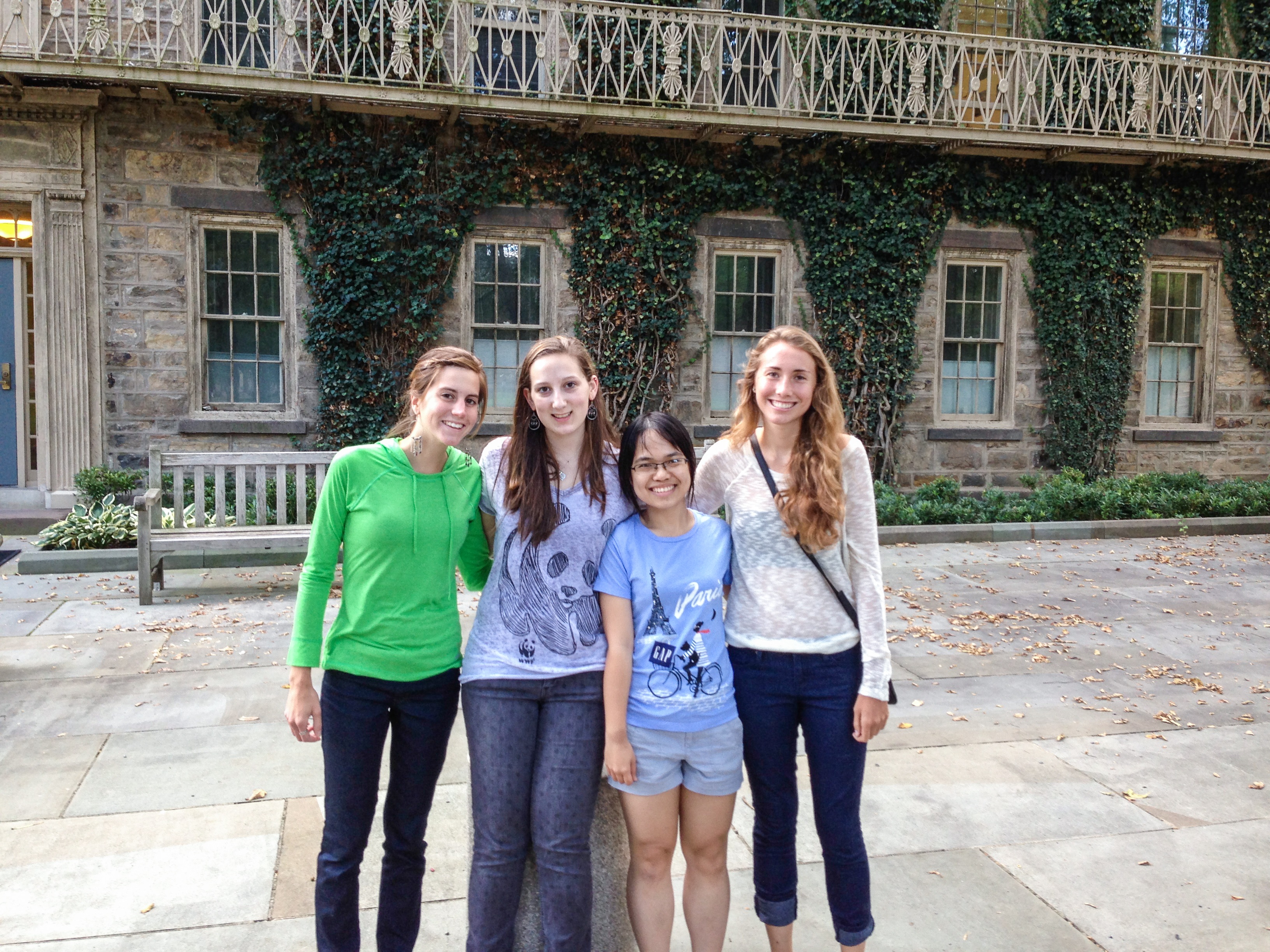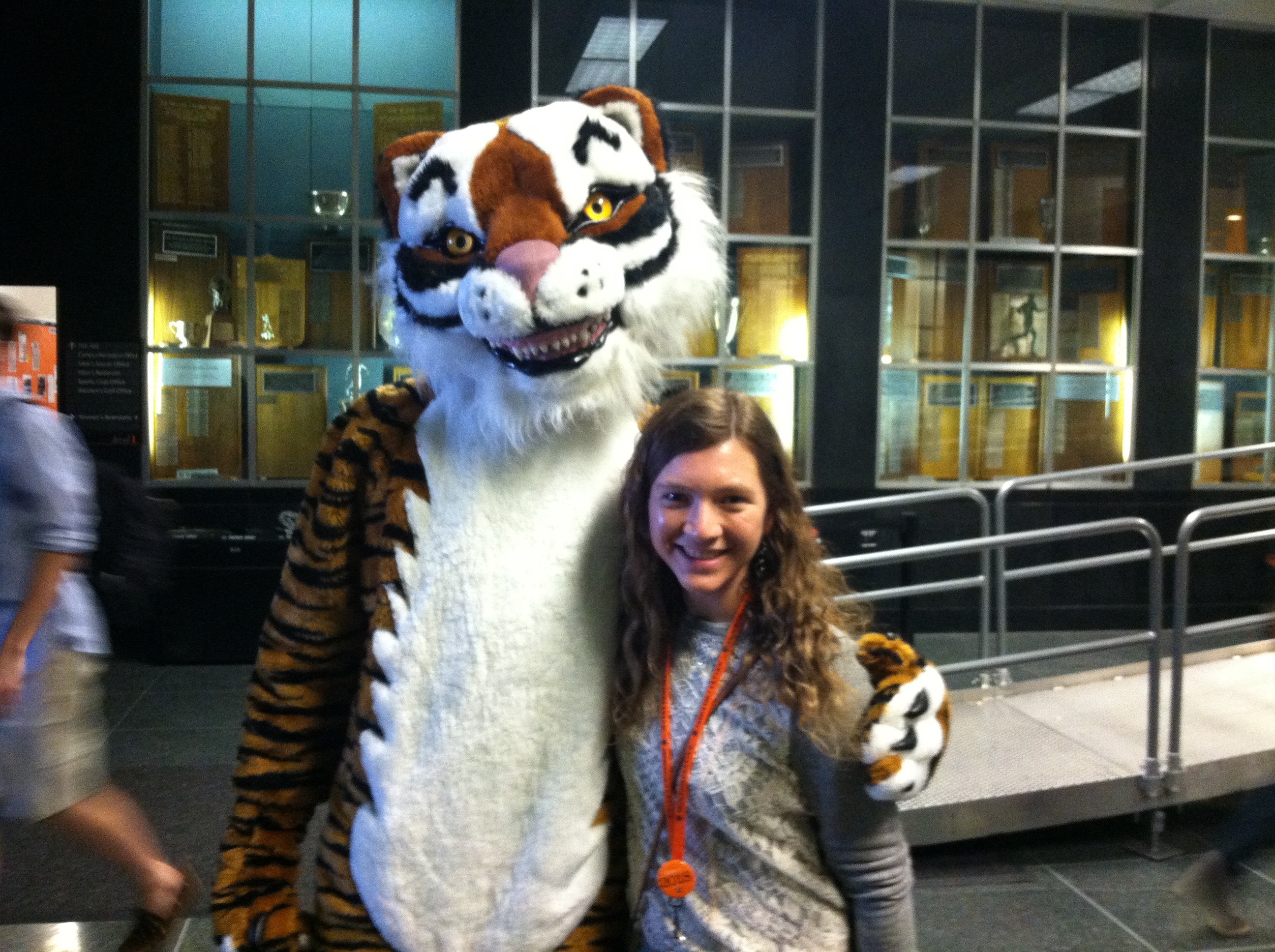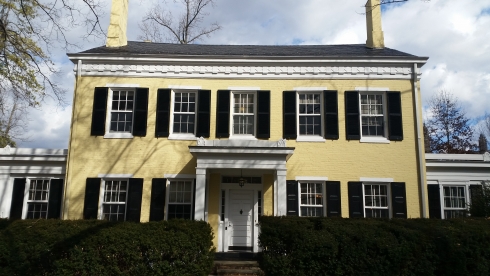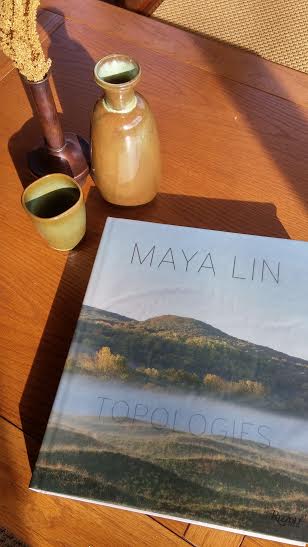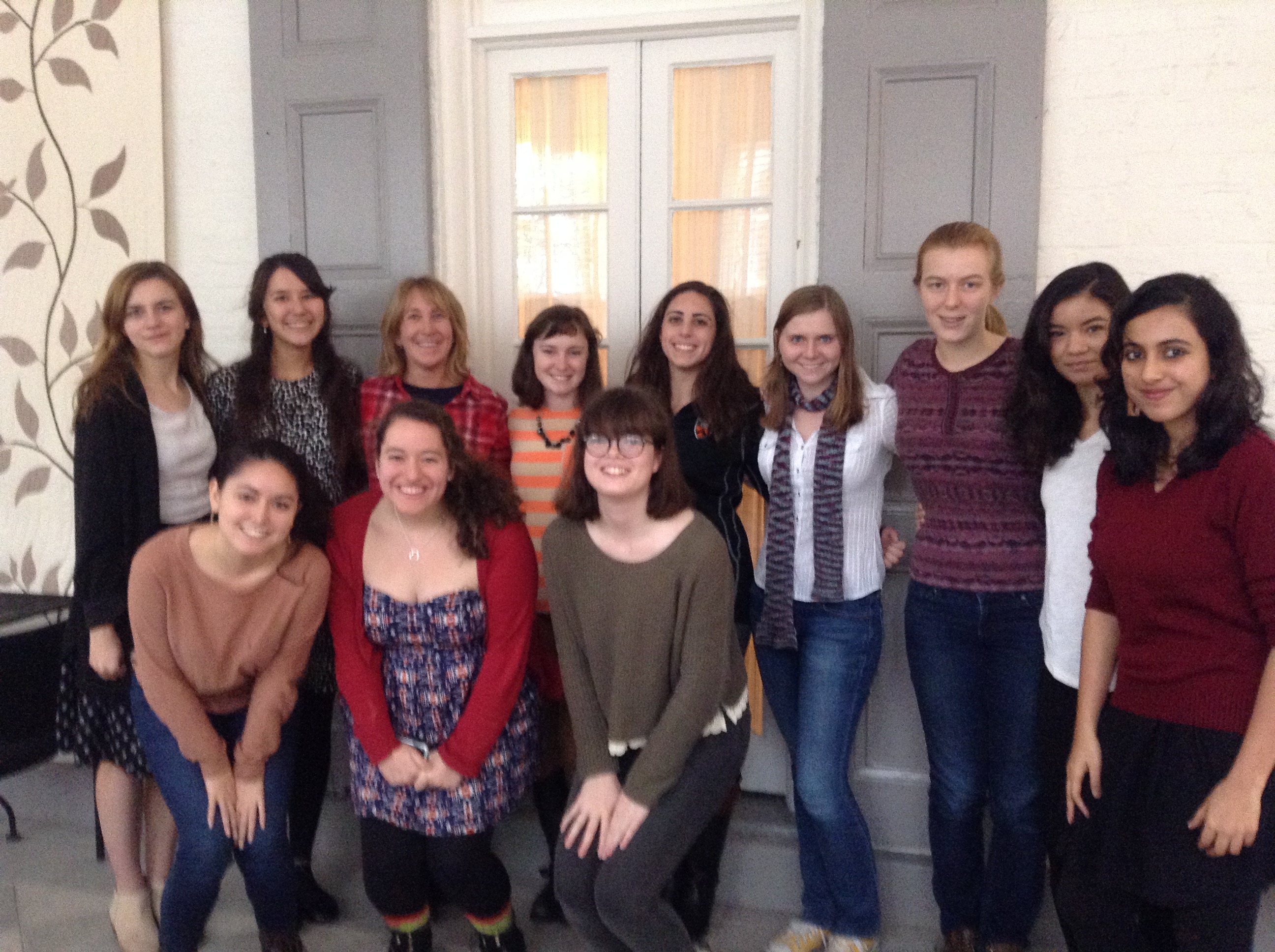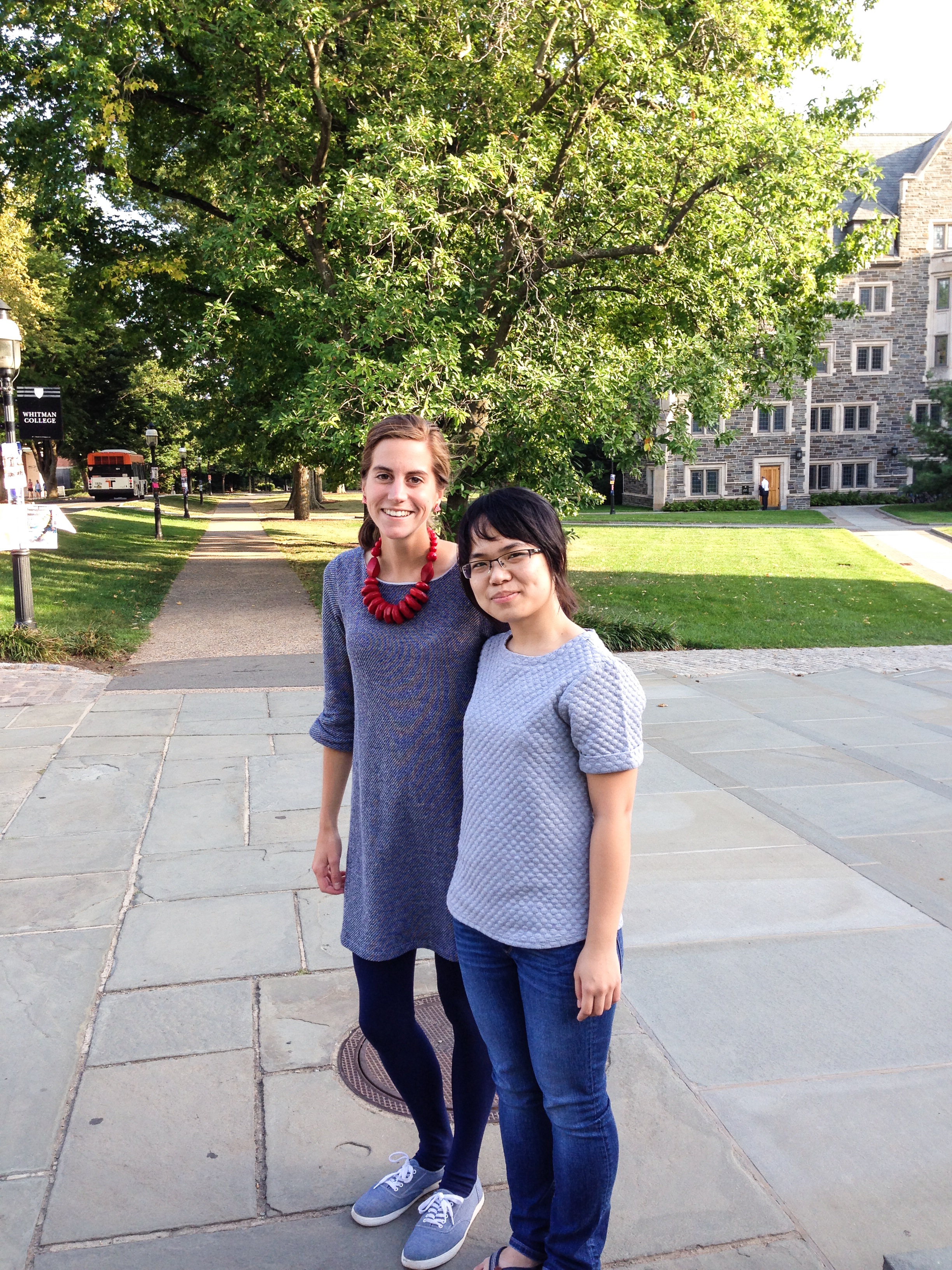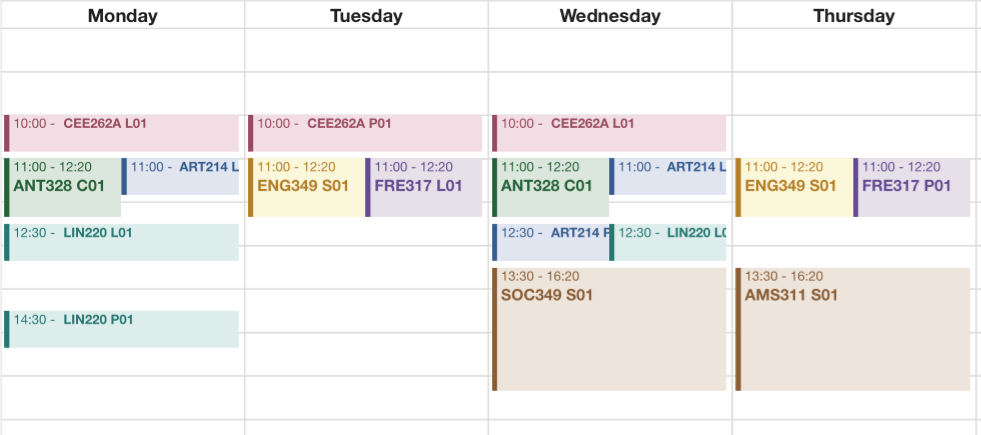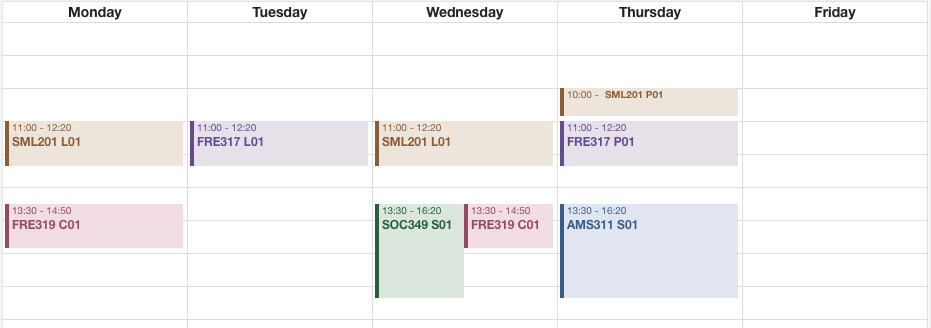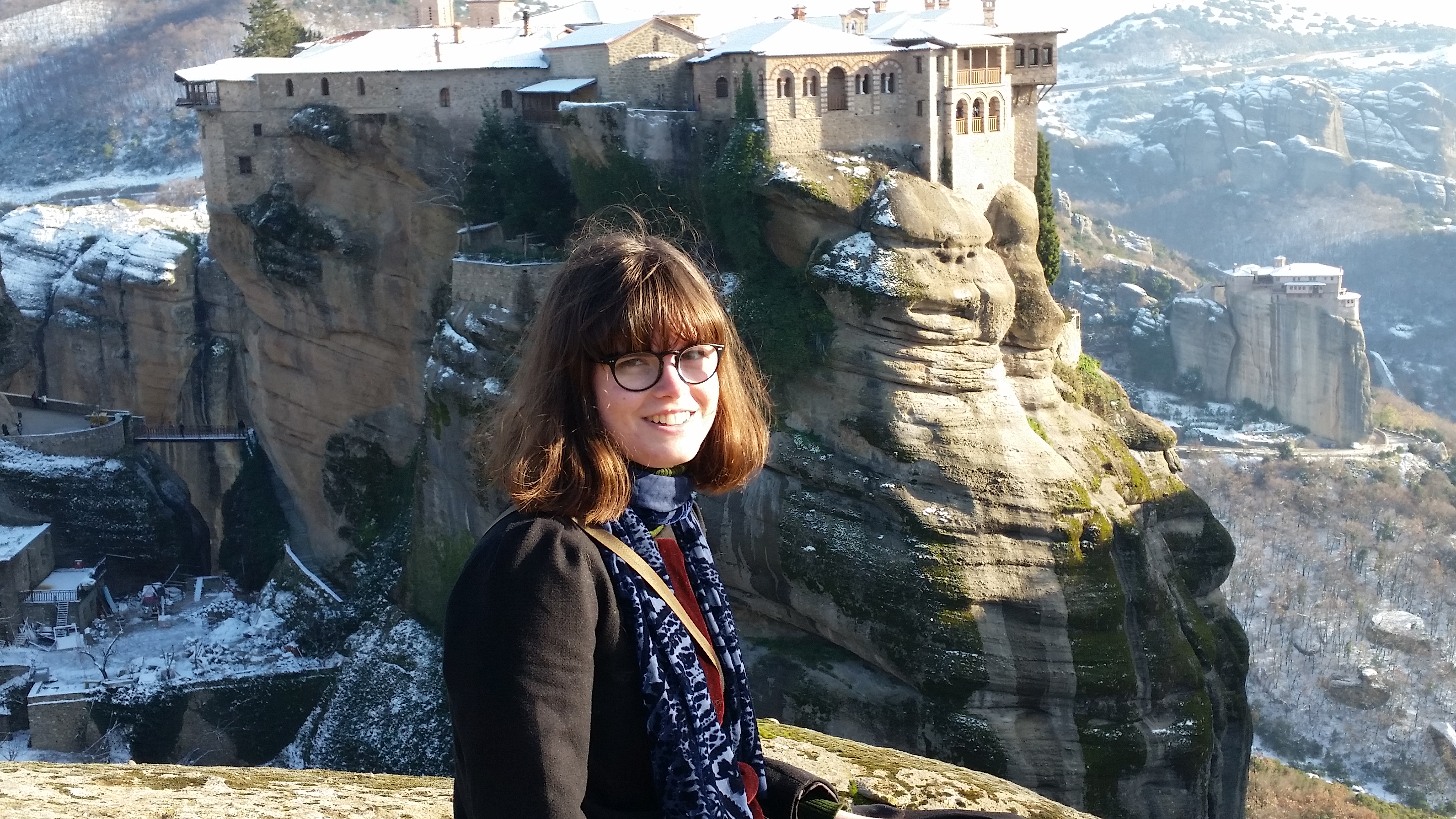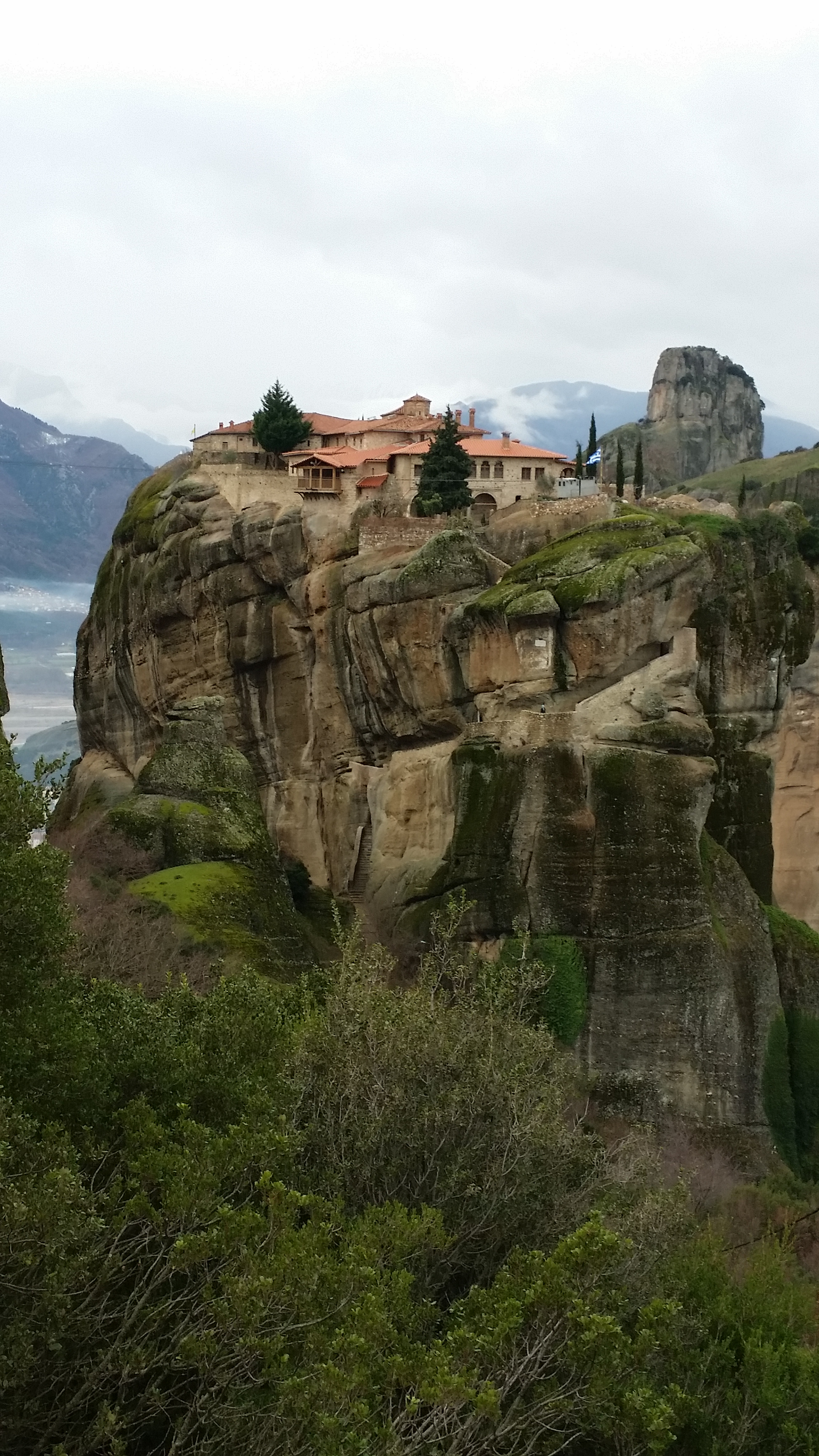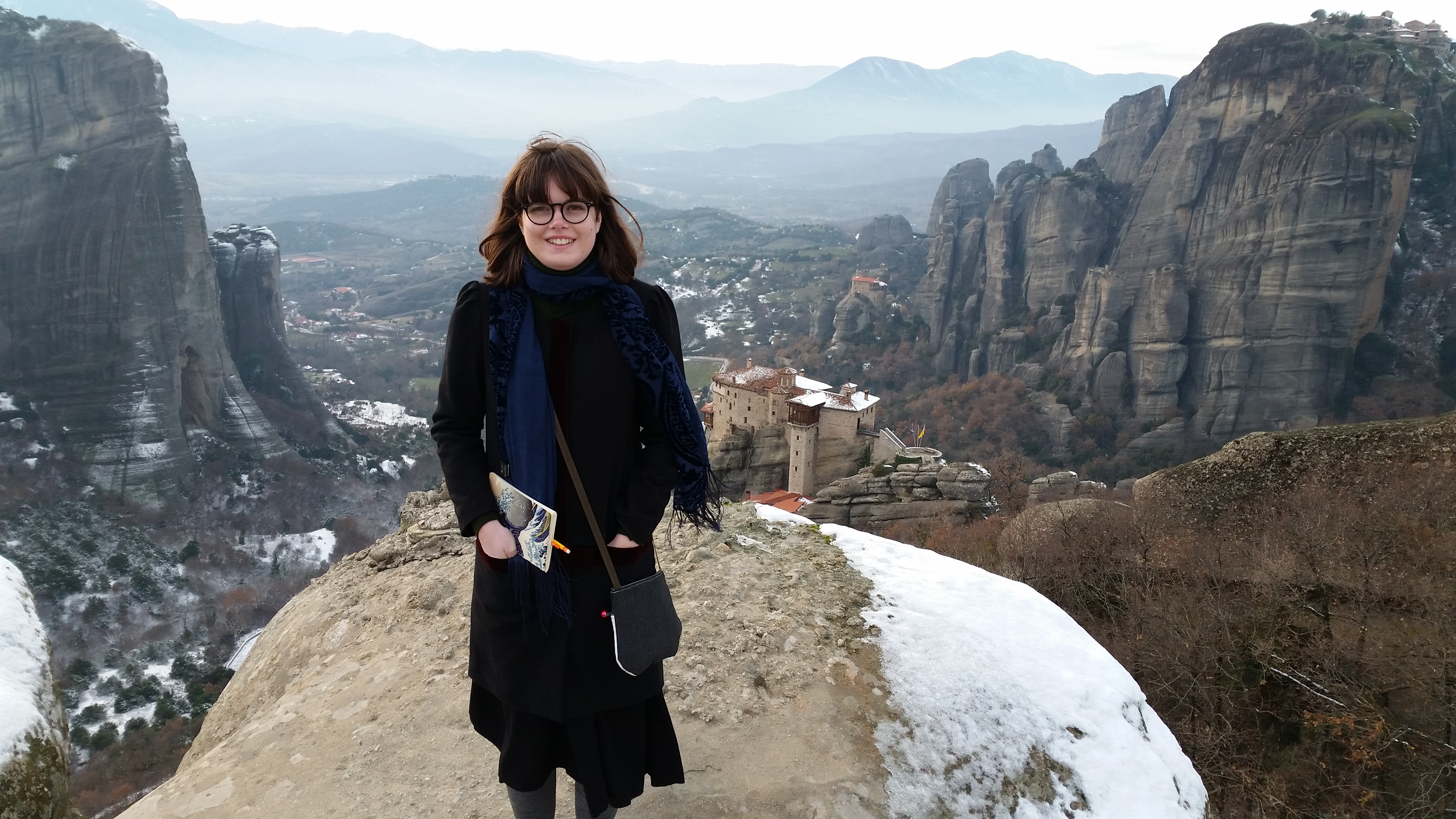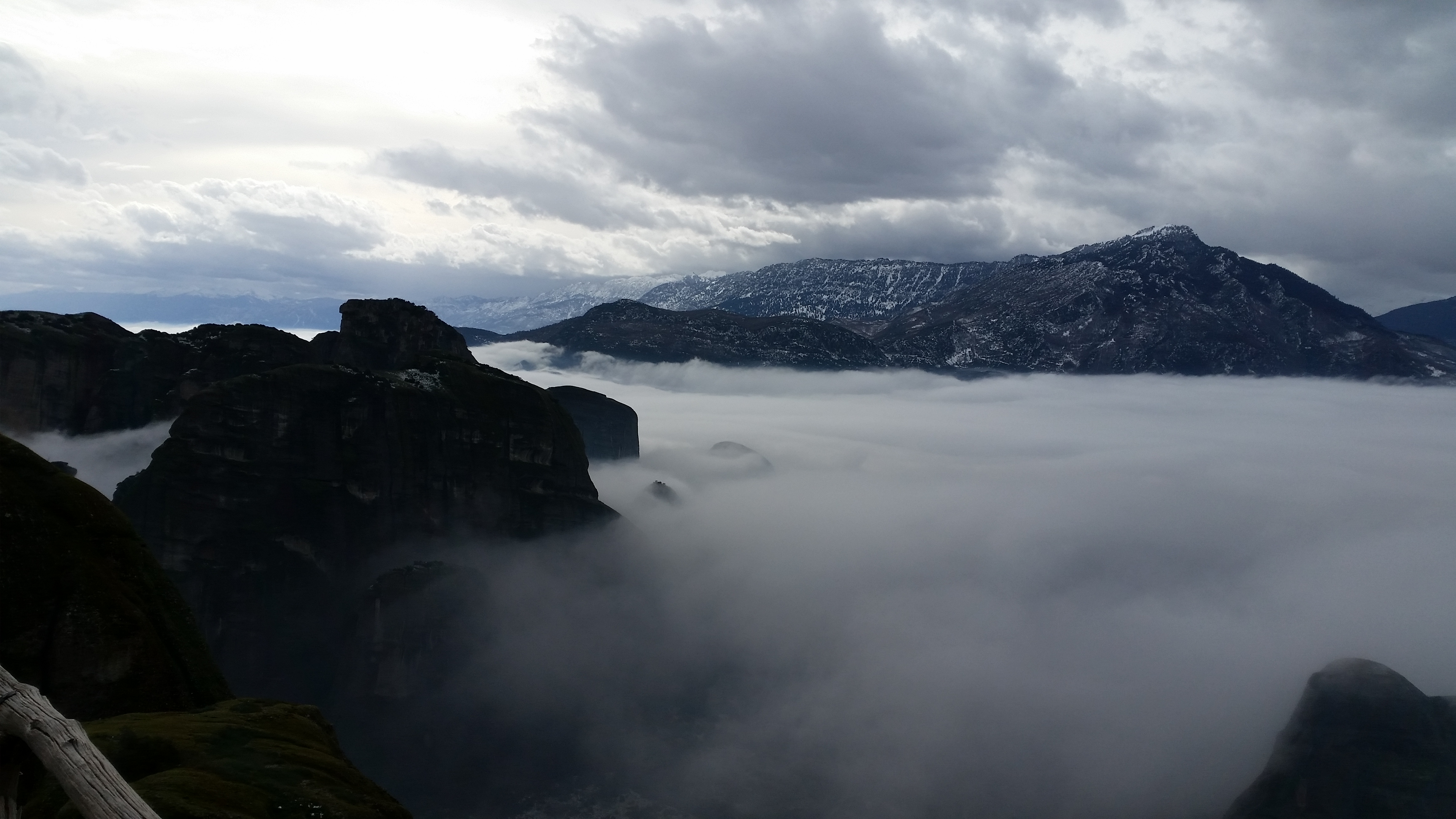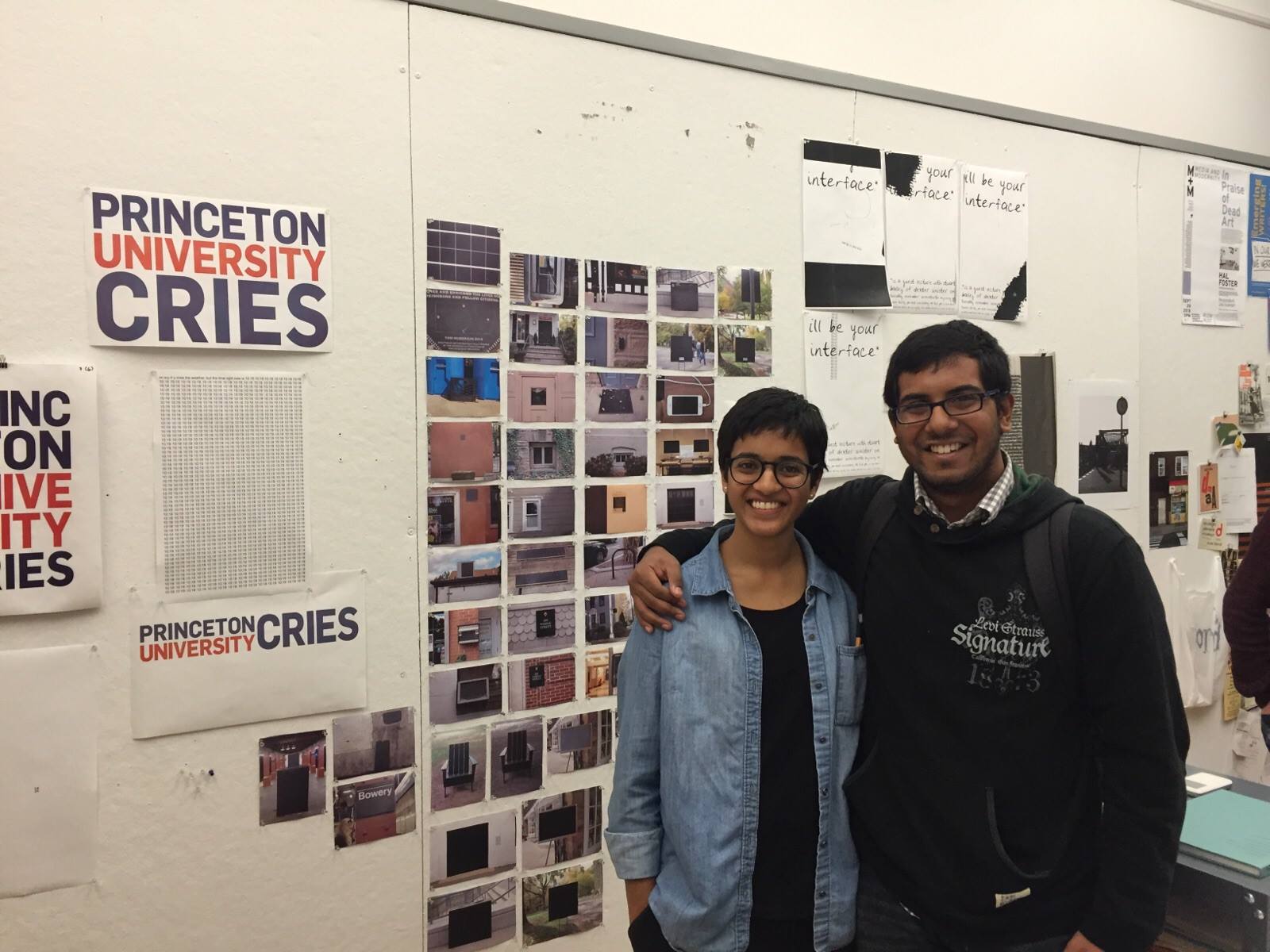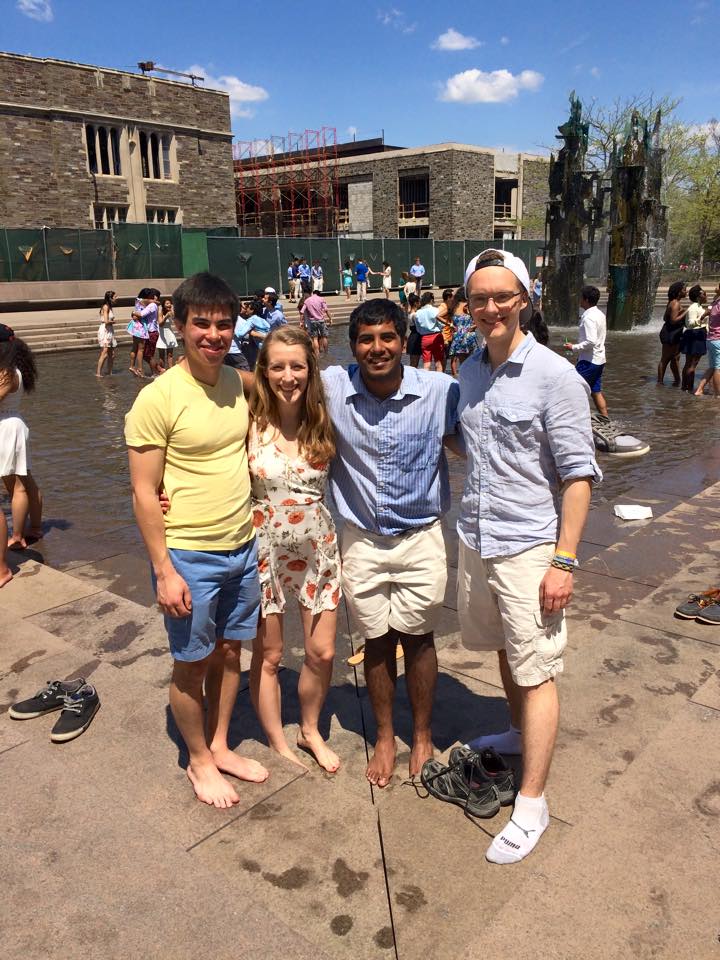Earlier this year, I wrote a blog post about my art history thesis on Meteora. What I didn't tell you is that my art thesis was only ONE of TWO THESES that I wrote this year. That means double the page count, double the all-nighters, and quadruple the amount of mac 'n' cheese I allowed myself to buy during said all-nighters.
Luckily, I didn't have to do any library research or citations for this second thesis, because it was all made up! I wrote a fiction thesis in order to get a certificate in creative writing. It's actually a little crazy that I've never written about the creative writing department on this site before, because I think it is one of the strongest programs of study at Princeton. Its strength is mostly due to the program's incredible faculty. I took classes with Jeffrey Eugenides, Joyce Carol Oates, Susan Choi, Maaza Mengiste, and Hanna Pylväinen, and my thesis adviser was the immensely talented A.M. Homes.
At other schools, you have to be enrolled in an master's of fine arts program to get access to writers like that, but Princeton's creative writing department is specifically designed for the undergrads. At the end of junior year, students who have completed the proper prerequisites can apply to write a creative thesis. If selected, students are individually matched with faculty members who guide them through the process and give suggestions for edits along the way. The thesis students also get to give two public readings of their material: one at Labyrinth Books on Nassau Street, in a room that has hosted all sorts of famous authors and intellectuals, and one at Prospect House, Princeton's Fanciest Building (trademark pending).
This year, the Prospect House reading was followed by a reception at which at least four kinds of gourmet meatballs were served. Gourmet meatballs! Writing a thesis was worth it, just for those. Students often continue to edit their creative theses post-grad, in the hopes of one day publishing that material. But it's not like anyone's thesis has ever become a best-selling novel or anything ... The creative writing teachers that I've had at Princeton have taught me how to write better, and how to read better. I recommend taking a creative writing class even if you're not interested in writing fiction, because you'll learn a new way of looking at books. And who knows? Maybe you'll get hooked, and four years from now it will be YOU reading from your thesis at Prospect House and eating piles and piles of meatballs.







